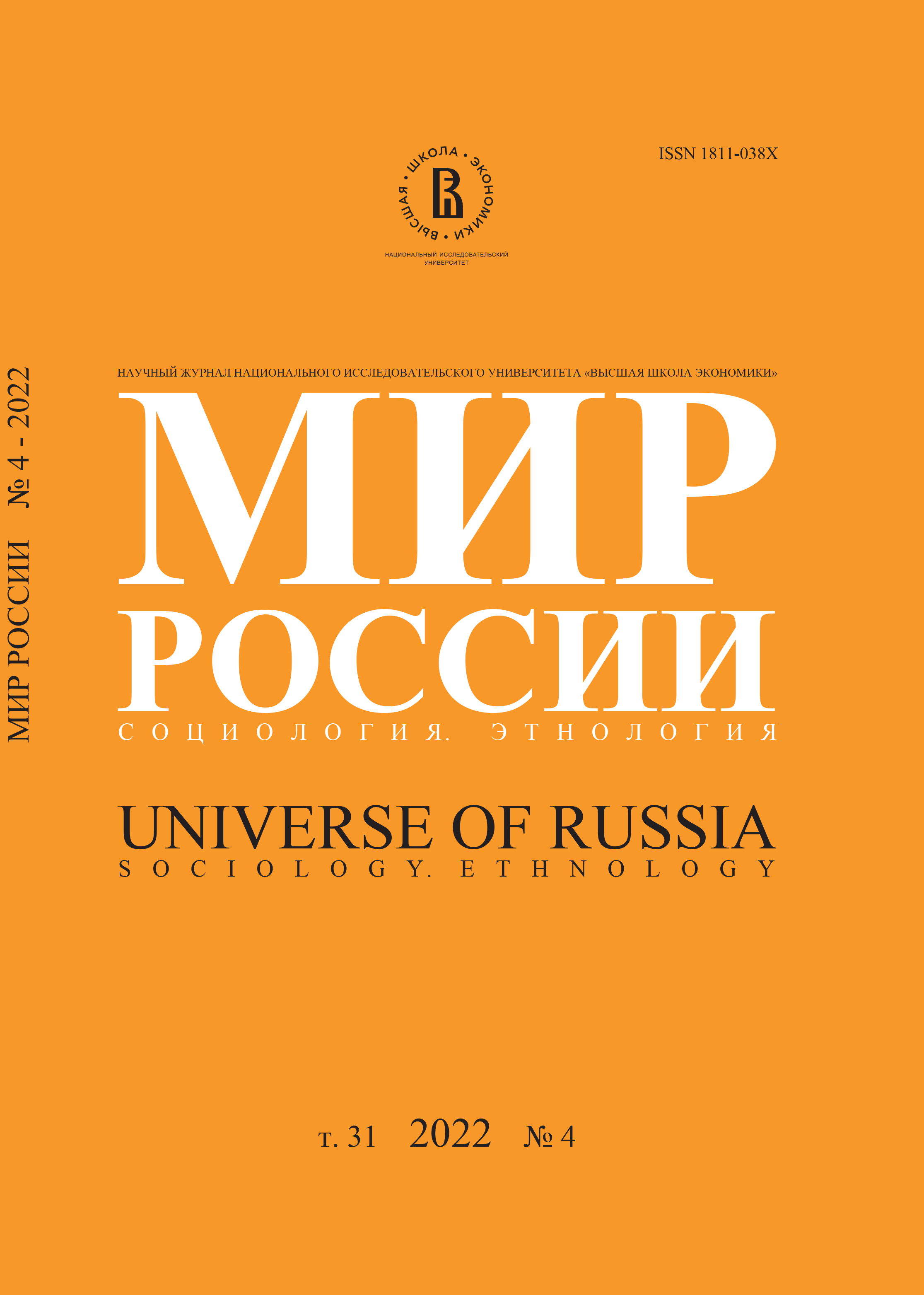The Eternal Land Issue
Book Review: Fadeeva O., Bystrov E., Zbanatsky O., Sheludkov A. (2021) Native Lands. Essay on the Transformation of Land Relations in Russia, Moscow: Common Place, Hamovniki Social Research Support Foundation (in Russian)
Abstract
This article reviews the book ‘Native Lands. Essay on the Transformation of Land Relations in Russia’ by O. Fadeeva, E. Bystrov, O. Zbanatsky, A. Sheludkov.
The privatization of land was seen as a necessary element of market reforms, although international experience testifies to the possibility of developed market agriculture in the absence of the private ownership of land (e.g., in the UK). In Russia, the privatization of lands, which began in 1990, led to multiple problems that remain unresolved to this day. At the end of 1991, President Yeltsin started the rapid, concurrent division of lands between former collective farmers — emergency privatization of agricultural land. To survey and register millions of new tracts of land was technically impossible. The decision was made to introduce a share certificate system, under which land shares, in the form of special certificates, were allocated to those who were entitled. Granting “certificates to land” rather than the land itself gave grounds to regard such a scenario as “semi-privatization”. An overwhelming majority of former collective farmers did not wish to become farmers because of fear and risk, and in order to avoid paying taxes. They simply wanted to remain employed laborers on collective farms and earn wages. With massive propaganda and the forced abolition of collective and state farms, individual farming began to gain momentum. However, it quickly became evident that these new farmers were not able to maintain the volume of production that the collective and state farms had been able to. The registration of land lots in the cadaster must be finalized as soon as possible. The current situation, when 80 percent of agricultural lands are not registered in the cadaster—that is, they lack established borders—makes it difficult to bring them to market. It is also important to bring together the cadastral valuation of land plots and their market value.






